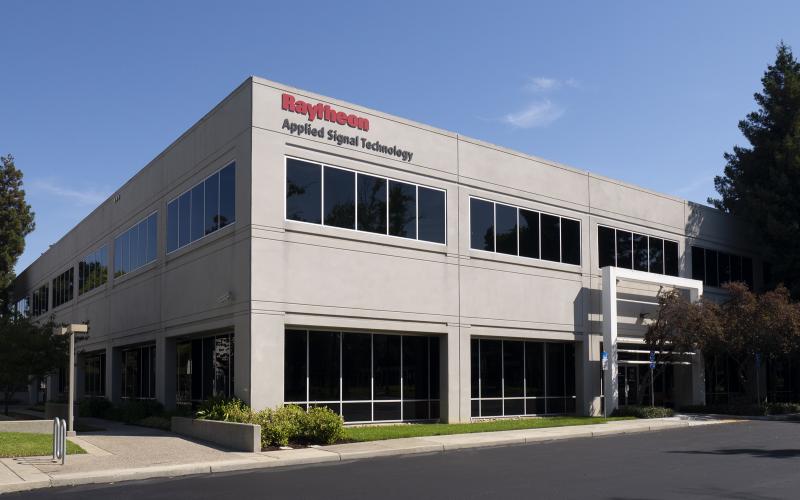Raytheon AST Sunnyvale
Location
Sunnyvale, CA
Certification level
Gold
Percent of Overall Diversion Achieved
91.02%
Facility Size
162,550 square feet
Type of Operation
Technology
Project Overview
Raytheon Company is a technology and innovation leader specializing in defense, civil government, and cybersecurity solutions. The AST business provides trusted strategic and tactical solutions that protect the United States and its partners.
Raytheon AST Sunnyvale has long been committed to Zero Waste principles. The site complies with all applicable state and local regulations, and has implemented company-wide practices that encourage source reduction and responsible waste management at all stages—upstream, onsite, and downstream. These company-wide practices include setting a standardized Zero Waste purchasing policy, partnering with EPA’s WasteWise, and performing regular waste audits and analyses of waste streams.
Some of the site’s Zero Waste highlights include a program to collect and divert food scraps, reuse of pallets and shipping containers, use of custom shipping crates for specialized equipment, and a high level of engagement from site leadership and other upper management. Practices such as these divert waste from landfill and incineration, reduce costs, and reinforce a culture of Zero Waste and sustainability.
At Raytheon, we align our corporate responsibility initiatives with our business strategy. As a technology leader, our operations embrace a “design for sustainability” philosophy and we have made commitments to reduce our environmental impact. Our waste reduction programs reflect our close collaboration with stakeholders, the innovation and engagement of our people, and our commitment to operational excellence.
Some of our key motivations to pursue Zero Waste include:
• To conserve natural resources and minimize pollution
• To protect the environment and community health
• To reduce costs and generate revenues
• To promote a circular economy with closed-loop systems
• To comply with applicable regulations (e.g., California AB1826 Mandatory Commercial Organics Recycling)
• To meet Corporate Sustainability goals, reported to the public and the Board of Directors
• To add reputational value and attract new customers.
